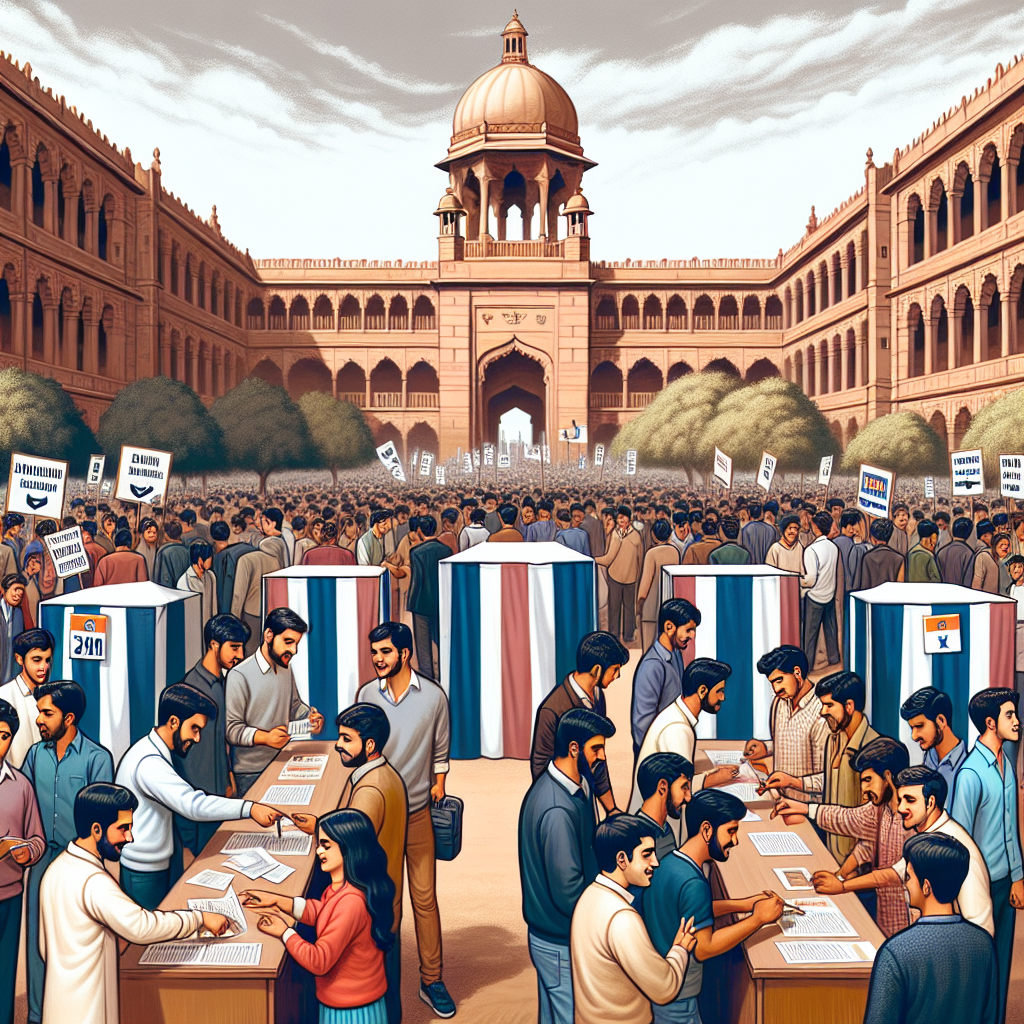Norway's Political Landscape: Election Results Shape Future Policies
Norway's Labour Party government, led by Prime Minister Jonas Gahr Stoere, maintains a narrow election lead. The outcome hinges on coalition support for crucial decisions regarding taxes, oil exploration, and Israel divestments. Contributing factors include geopolitical tensions and the Progress Party's significant gains.

In a tightly contested national ballot, Norway's minority Labour Party government, led by Prime Minister Jonas Gahr Stoere, holds a narrow lead, fueled by concerns over living costs and international tensions. Local broadcasters NRK and TV2 project the left-wing bloc to secure 89 seats, surpassing the 85 needed for a majority.
Analysts suggest Stoere will likely remain in power, albeit in a challenging parliamentary environment, requiring support from smaller parties for major legislation. Key discussions would include potential tax hikes, oil exploration policies, and the divestment of Norway's sovereign wealth fund from Israeli firms.
The election also highlights the emerging strength of the right-wing Progress Party, which achieved a record showing, appealing to voters advocating for reduced public spending and significant tax cuts. Meanwhile, international issues such as wars in Ukraine and Gaza placed additional pressure on decision-making for Norway's future direction.
(With inputs from agencies.)
ALSO READ
Romania's Coalition Government Endures No Confidence Votes Amid Fiscal Reforms
GST Overhaul: Simplifying Taxes and Boosting the Economy
Norwegian Election Battle: 'Tutti Frutti' Coalition in the Offing?
Global Coalition Gathers to Fortify Ukraine's Defense Amid Russia Tensions
Global Coalition Forms 'Reassurance Force' for Post-Conflict Ukraine










